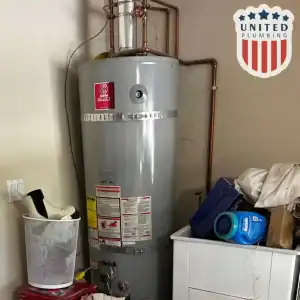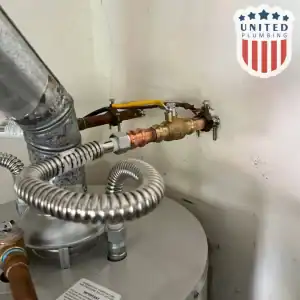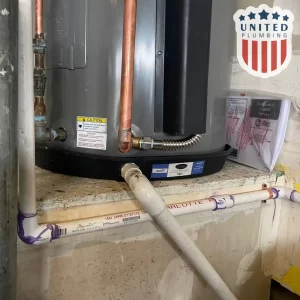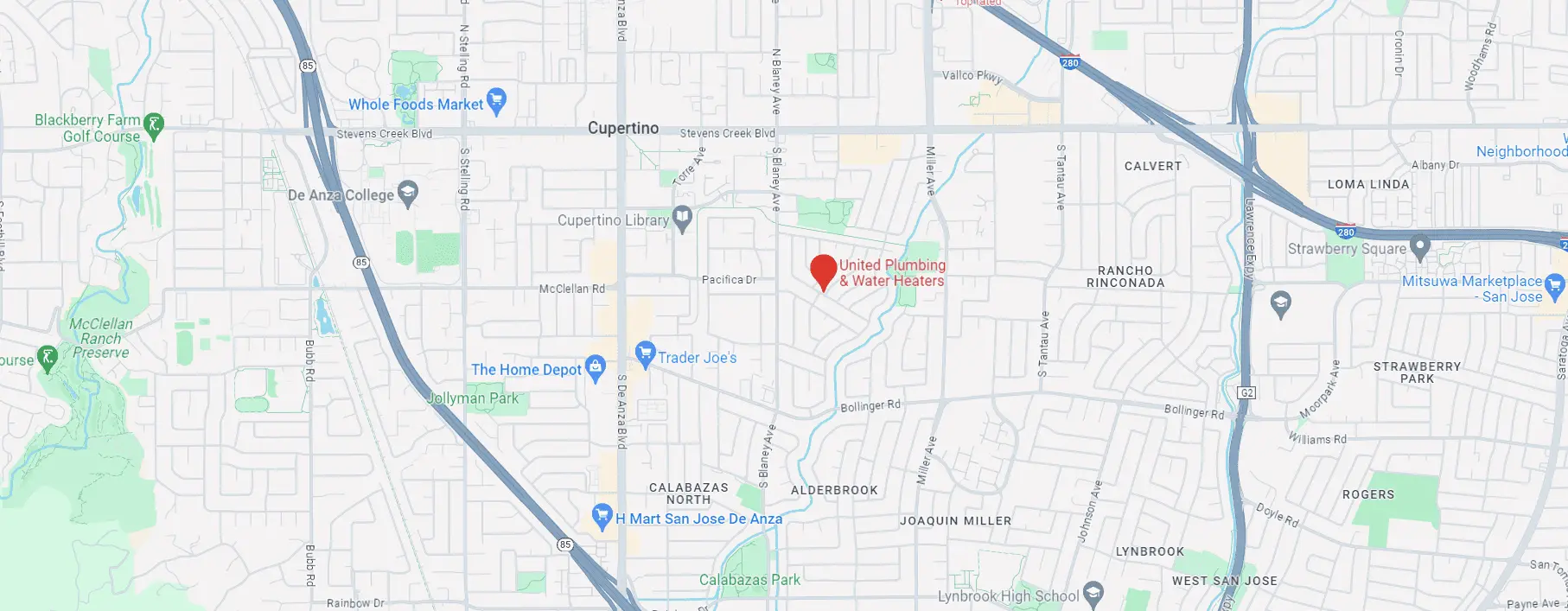Can I Install a Water Heater Myself?
When it comes to home improvement projects, some people enjoy the satisfaction of tackling tasks themselves. Installing a water heater might seem like a project that falls within the realm of DIY (Do It Yourself). However, it’s essential to consider various factors before attempting to install a water heater on your own. In this article, we’ll explore the feasibility and safety aspects of installing a water heater by yourself.
Indeed, installing a water heater requires a specific set of tools and supplies to ensure a safe and effective installation. Here’s a breakdown of the items you’ll need:
- Voltage Detector: This tool is crucial for safely working with electrical connections. It helps you ensure that there is no live electricity present when working on the electrical components of an electric water heater.
- Wrench & Screwdriver: These are basic hand tools needed for various aspects of the installation, such as securing the water heater to the platform or adjusting the thermostat settings.
- Dielectric Connectors: Depending on your plumbing fittings, dielectric connectors may be necessary to prevent corrosion between different metals used in your water heater and plumbing system.
- Tubing (PIPE) Cutter: You’ll use this tool to cut and prepare copper or PEX pipes for connecting the water heater to your plumbing system.
- Flexible Hoses: These are recommended for connecting the water supply lines to the water heater. They are more convenient to work with than rigid pipes and allow for easier installation.
- Pipe Dope or Plumbers Tape: These are used to seal threaded connections in your plumbing system, preventing leaks. Plumbers tape is typically used on threaded pipe connections.
- Sandpaper Cloth: While optional, sandpaper cloth can be handy for smoothing and cleaning the pipe ends before soldering or making connections. It helps ensure a watertight seal.
- Soldering Flux with Torch & Solder Wire: If you’re working with copper pipes, soldering is often necessary to create secure and leak-free connections. Soldering flux, a torch, and solder wire are essential for this process.
Remember that the specific tools and supplies you need may vary depending on the type and model of water heater you’re installing, as well as the unique requirements of your plumbing system. It’s also important to adhere to safety guidelines when using tools like torches and soldering equipment, as they can pose fire hazards if not used correctly.
Before starting the installation, carefully read the manufacturer’s instructions that come with your water heater, and consider seeking advice from a professional if you’re unsure about any aspect of the installation process.
In addition to the required set of tools, you need to take into account several other important factors.
Local Regulations and Permits
Before you even think about installing a water heater yourself, it’s crucial to check your local building codes and regulations. Many areas require a permit and inspection for water heater installations. These regulations are in place to ensure safety and compliance with standards. Failure to follow local codes can result in fines and potential hazards.
Skill Level and Experience
Installing a water heater is not a beginner-level DIY project. It involves working with gas or electricity, water lines, and potentially dealing with venting and exhaust systems. If you lack experience in plumbing, electrical work, and gas connections, it’s strongly recommended to hire a professional plumber or contractor. A mistake in any of these areas can lead to costly repairs or dangerous situations, such as gas leaks or water damage.

Safety Concerns
Water heaters can be dangerous if they are not installed properly. In particular, gas water heaters pose a significant risk of gas leaks and carbon monoxide poisoning if they are not installed properly. Electric water heaters also require careful wiring to avoid the risk of electric shock. Professionals are trained to address these safety concerns and keep your water heater running safely.

Warranty Considerations
Most water heaters come with warranties that can be voided if the installation is not performed by a licensed professional. If something goes wrong with your water heater down the road and it was not installed correctly, you might find yourself without warranty coverage, leading to costly repairs or replacement.
Time and Convenience
Professional installers have the experience to complete the installation quickly and efficiently. Attempting a DIY water heater installation can take significantly longer, especially if you run into unexpected issues or complications. Hiring a professional can save you time and ensure your hot water supply is restored promptly.

Conclusion
Before embarking on a DIY water heater installation, it’s essential to carefully consider the implications of this decision. While saving on the cost of hiring specialists might seem tempting, it’s crucial to understand that attempting to install a water heater yourself can lead to significant consequences. In the long run, you may end up paying even more for repairs or corrective measures, and you might still need to call in professionals to fix any issues that arise.
Our upcoming articles will delve into the potential consequences of DIY water heater installations, shedding light on the risks and pitfalls you could encounter. While DIY projects can be rewarding, the installation of a water heater involves complexities, safety hazards, and the potential for warranty voidance. Always remember to verify local regulations and seek professional guidance before embarking on any water heater installation project, prioritizing both your safety and the well-being of your home.
Post views: 637

